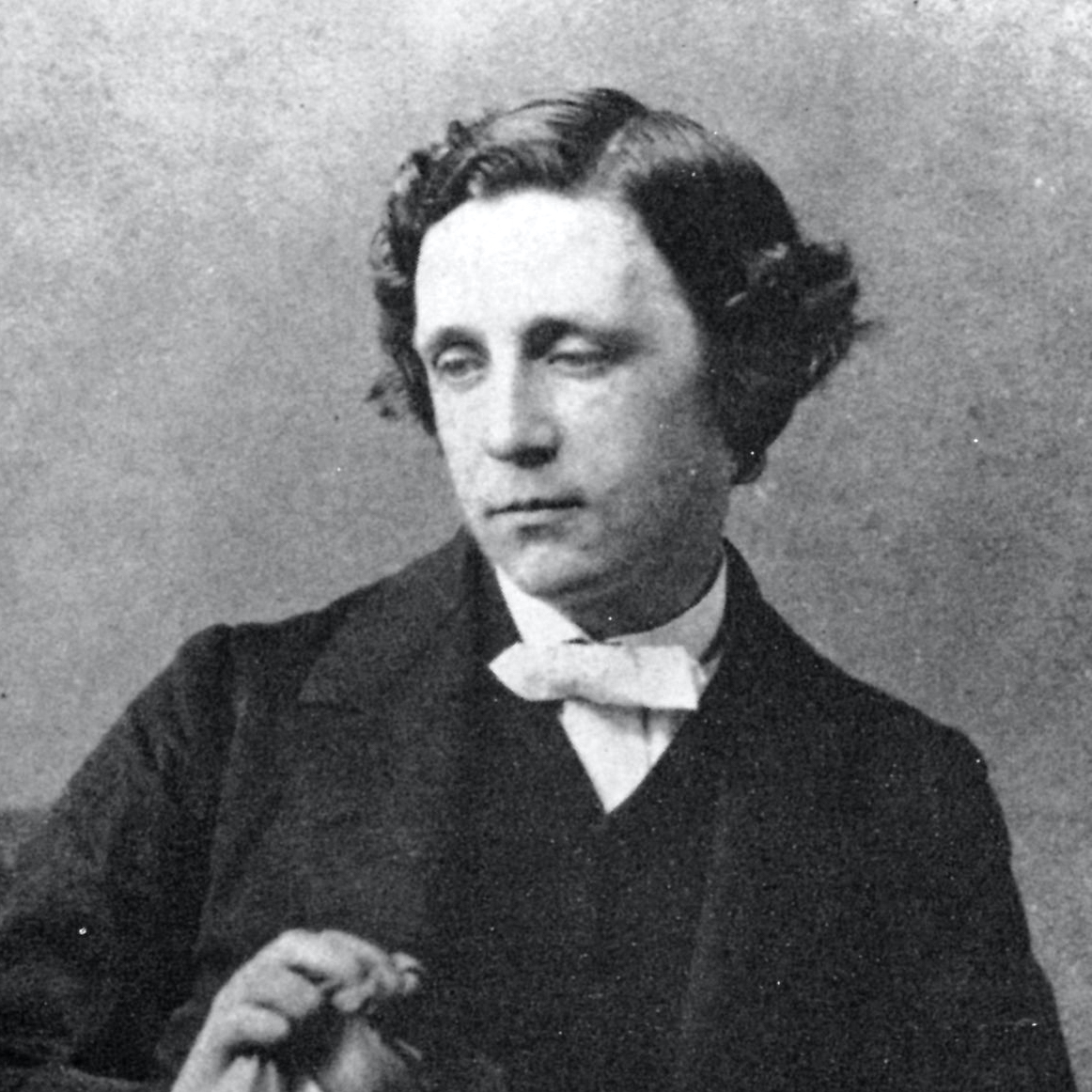’Twas brillig, and the slithy toves
Did gyre and gimble in the wabe:
All mimsy were the borogoves,
And the mome raths outgrabe.
“Beware the Jabberwock, my son!
The jaws that bite, the claws that catch!
Beware the Jubjub bird, and shun
The frumious Bandersnatch!”
He took his vorpal sword in hand;
Long time the manxome foe he sought—
So rested he by the Tumtum tree
And stood awhile in thought.
And, as in uffish thought he stood,
The Jabberwock, with eyes of flame,
Came whiffling through the tulgey wood,
And burbled as it came!
One, two! One, two! And through and through
The vorpal blade went snicker-snack!
He left it dead, and with its head
He went galumphing back.
“And hast thou slain the Jabberwock?
Come to my arms, my beamish boy!
O frabjous day! Callooh! Callay!”
He chortled in his joy.
’Twas brillig, and the slithy toves
Did gyre and gimble in the wabe:
All mimsy were the borogoves,
And the mome raths outgrabe.
Published:
1871
Length:
Regular
Literary Movements:
Children's
Anthology Years:
2023
Themes:
Humor & Satire
Strength & Resilience
Literary Devices:
Dialogue
conversation between two or more people as a feature of a book, play, or movie
Neologism
a new word, serious or humorous, coined by a writer.
Onomatopoeia
A word that, when spoken aloud, has a sound that is associated with the thing or action being named.
Repetition
a recurrence of the same word or phrase two or more times

